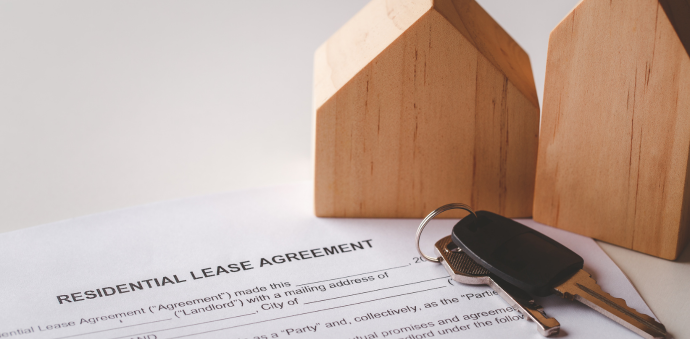
For tenants in North Carolina, the right to a safe, healthy, and habitable living environment is a fundamental protection under the law. However, what happens if your rental property becomes uninhabitable due to issues beyond your control like mold, pest infestations, structural damage, or other hazardous conditions? Can you legally break your lease without penalty to protect your health and well-being?
This comprehensive guide explores tenant rights in North Carolina related to uninhabitable conditions, the landlord's duties to maintain habitable premises, legal grounds for lease termination, and critical steps tenants should take before ending their leases. If you face such challenges, it also explains how becoming a member of LawPassport can empower you with expert legal support to get the relief you deserve.
The concept of habitability is legally defined as a rental property being safe, sanitary, and fit for ordinary residential use. North Carolina law enforces this standard primarily under the implied warranty of habitability in N.C. Gen. Stat. § 42-42, which requires landlords to keep rental units in good repair and comply with health and safety codes.
Examples of uninhabitable conditions may include:
Such conditions can severely impair tenants' quality of life, sometimes making continued residency impossible or dangerous.
In North Carolina, tenants can terminate their lease when a rental unit is rendered uninhabitable due to conditions caused by landlord neglect or failure to make timely repairs. The law recognizes that this protects tenants from being forced to live in unsafe environments.
However, tenants must meet several legal requirements to break their lease lawfully:
Tenants must inform their landlord promptly and in writing about the uninhabitable conditions. Communication can be through email, certified mail, text messages, or written letters to create an official record. This written notice legally triggers the landlord’s duty to fix the problems promptly.
Landlords must be given a reasonable period to address the issues after receiving notice. What counts as reasonable depends on the severity and nature of the problem. Immediate hazards require quicker action; less urgent repairs allow more time.
Tenants should document the condition of the property with photos, videos, or professional inspection reports and keep copies of all communications with their landlord about needed repairs.
The condition must be serious enough that staying in the property poses a health or safety risk. Minor annoyances or aesthetic issues do not usually qualify.
You cannot simply abandon the property. Tenants must follow legal procedures which might include continued rent payment until move-out, providing proper notice of lease termination, and ensuring the landlord received adequate opportunity to repair.
If your lease is legally terminated due to uninhabitable conditions:
North Carolina law prohibits landlords from retaliating against tenants for exercising their rights, such as requesting repairs or terminating leases due to habitability problems. Retaliation might include eviction threats or unjustified rent increases and can lead to legal consequences.
Landlords have an ongoing duty to maintain the rental’s habitability once informed. Delays or refusal to repair may strengthen tenants’ rights to end leases and pursue legal action.
LawPassport provides tenants with access to vetted, experienced legal professionals who understand North Carolina housing laws. As a member, you can:
This legal support ensures you are empowered and protected throughout your dispute.
If your North Carolina rental has become uninhabitable and your landlord refuses to repair it promptly, don’t hesitate to assert your rights. Break your lease safely and legally with expert help.
Join LawPassport now to connect with trusted North Carolina tenant attorneys who will help you end your lease on fair ground, secure compensation if available, and handle landlord disputes professionally.
Take action today for your health, safety, and peace of mind.
Read: Can I Get Out of My Lease for Mice or Rat Infestations?